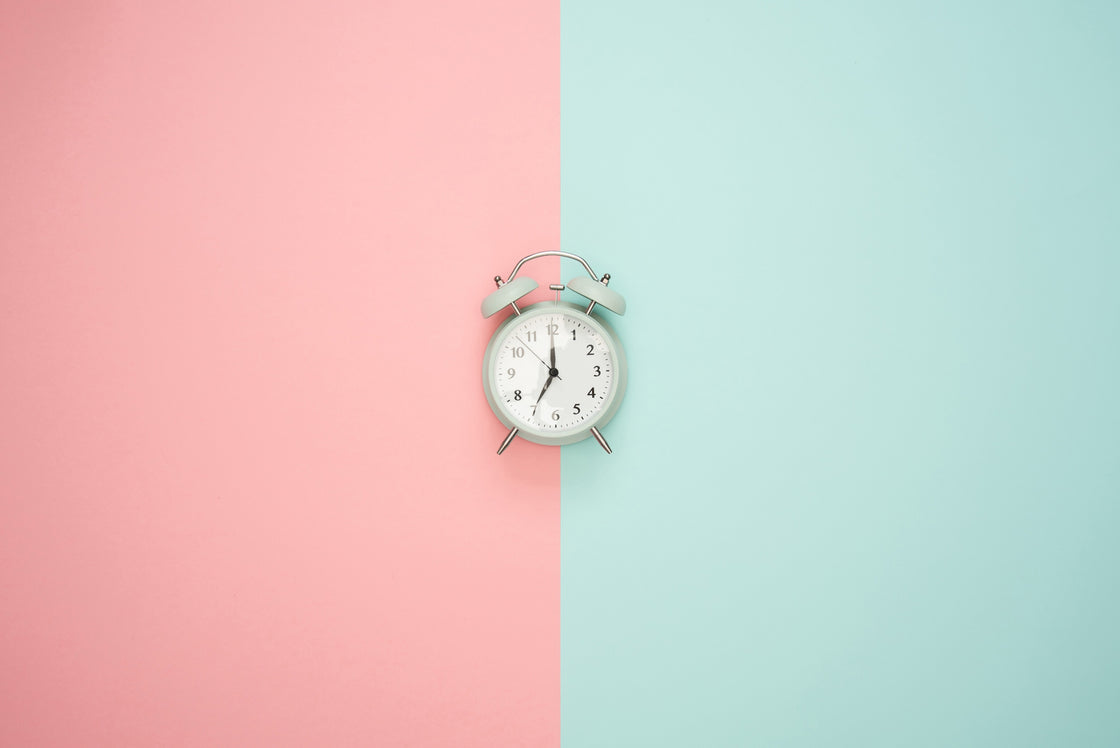According to the National Association for Premenstrual Symptom, around 30% of women in the UK experience moderate to severe PMS. A further 5 to 8% suffer severe PMS. This accounts for approximately 800,000 women.
There is no ‘cure’ for PMS and symptoms can fluctuate during a woman’s lifetime (starting at puberty and ending at menopause). Medical advice often tells women to take painkillers such as ibuprofen or paracetamol to address their symptoms.
Not everyone is comfortable doing this, however. Thankfully, there are more natural ways to reduce symptoms, including taking supplements such as Cleanmarine for Women, designed around the nutrients many experts believe can help balance fluctuating hormones naturally.
What Causes PMS?
Just as there is no known cure, there is also no definite cause for PMS. Most experts agree, however, that the leading cause for PMS symptoms is fluctuating hormone levels. Being able to balance these hormones, therefore, is key to reducing any symptoms.
The Symptoms Of PMS
Each woman experiences PMS differently. However, there are some common symptoms, including mood swings, depression, tiredness and fatigue, anxiety, irritability, insomnia, food cravings, bloating, weight gain and headaches. None of these is particularly pleasant. Combined, they can have a significant impact on a woman’s ability to live her life from day to day.
Managing PMS
As well as over the counter painkillers, the NHS says healthy eating and a good night’s sleep can help alleviate PMS symptoms. Regular exercise is thought to help too, especially yoga. One of the most effective ways to manage PMS, however, is making sure the body has enough of the right nutrients to balance fluctuating hormones.
Nutrients That Relieve PMS
When it comes to nutrients, it isn’t always just enough to take them during the PMS itself. Changes to a woman’s diet can help build up a ‘resistance’ to the symptoms they might otherwise experience. For example, they might want to:
- Eat at least two portions of oily fish a week. Oily fish provides the body with essential fats that experts say help improve mood. Salmon, mackerel and sardines are all excellent choices. Women who don’t eat fish can get their essential fats from linseeds, algae oil and pumpkin seeds.
- Increase the number of green vegetables they eat. These are a good source of magnesium, folic acid and fibre. Many women are deficient in these nutrients, which could impact their hormone levels.
- Add B and D vitamins into their diets, especially B1, B2 and B6. Cereals, legumes, brown rice and nuts contain vitamin B1. Milk, red meat, mushrooms, soybeans and green vegetables contain vitamin B2. Poultry, fish, dark leafy vegetables, as well as peppers and bananas, contain vitamin B6. Furthermore, the body naturally produces Vitamin D with sun exposure. However, it can also be found in a wide range of dairy products.
- Increase foods containing phytoestrogens. Studies show that these can reduce headaches and other symptoms of PMS. Linseeds, soya, and whole grains, as well as fennel and rhubarb, are all good sources of phytoestrogens.
Natural Supplements For PMS
As well as making changes to their diets, women can also take natural supplements shown to have the same/similar effects. Cleanmarine for Women’s all-in-one formula, for example, contains all the vital nutrients outlined above. These include Omega 3, phytonutrients, and a unique blend of B and D vitamins. A range of research into each nutrient shows they may positively affect PMS symptoms in women between 15 and 45.
The Omega 3 oils, for example, are made of the same fat as is found in women’s bodies. They are easily absorbed and may help reduce bloating and discomfort. Plus, there is no unpleasant after-taste that is found with some fish oils. Meanwhile, vitamins B1, B2 and B6 offer a range of added benefits including:
- Improved energy levels
- Reduced tiredness and feelings of fatigue or lethargy
- Increased psychological function
- Hormone regulation
Inclusion of Vitamin D helps build strong bones and healthy skin. Without it, the body can struggle to reach the correct levels as most vitamin D comes from sunlight (something that can be in short supply in the UK during the Autumn and Winter months).
Making changes to diets can be confusing and time confusing. There is always a risk that something will be missed. With Cleanmarine, women can be confident they are providing their bodies with all the nutrients experts believe can help balance hormones and reduce PMS symptoms.



